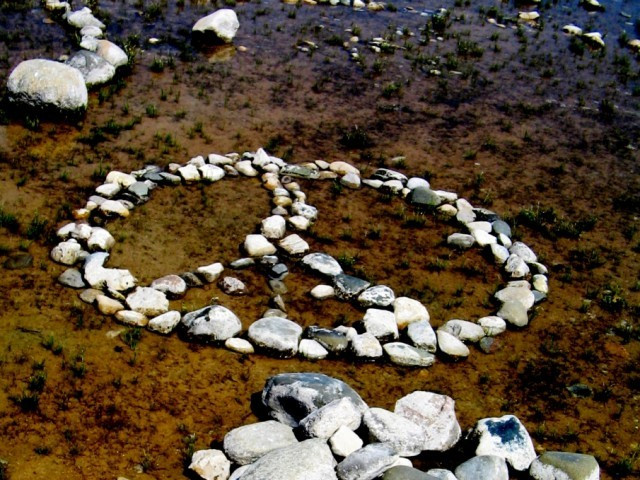The long road to interfaith harmony
Quaid’s words seemingly forgotten in modern-day Pakistan

Quaid’s words seemingly forgotten in modern-day Pakistan. PHOTO: FILE
In Pakistan, however, circumstances are vastly different as most of the violence is based on religious differences. It seems Muhammad Ali Jinnah’s famous words to the first Constituent Assembly of Pakistan on August 11, 1947 are all but forgotten.
At the time, he declared Pakistan is without religious hate and discrimination. “You are free; you are free to go to your temples, you are free to go to your mosques or to any other place of worship in this State of Pakistan. You may belong to any religion or caste or creed - that has nothing to do with the business of the State.”
Nobody can deny the fact that most of the existing chaos and unrest in the country is due to hate and discrimination on the basis of religion, faith and belief. Soon after the death of Jinnah, liberal, peace-loving and democratic forces were ineffective in carrying on the mission, while hardline individuals and groups started dominating the general narrative.
Gradually, trends led to the existing evils of terrorism. Civilians, irrespective of their faith and belief, have been victims of militancy and thousands of non-Muslims have been forced to live as aliens in foreign territories, leaving everything behind in the “land of the pure”.
On the eve of Eid Miladun Nabi, All Pakistan Hindu Rights Movement Chairman Haroon Sarbdiyal arranged an event in Peshawar and a large number of people from different religious minorities were in attendance. The purpose of the gathering, according to Sarbdiyal, was to spread the message that Islam is a religion of peace, tolerance and patience.
The conference was addressed by a number of elders from different communities, including University of Peshawar former vice chancellor and renowned religious scholar Dr Qibla Ayaz. He declared the promotion of interfaith harmony was the need of the hour.
According to Haroon, “I was disappointed by leaders and office-bearers of all political parties as they failed to attend despite making a commitment.”
However, he said those in attendance managed to deliver the message of peace, harmony, patience and tolerance to the people. He said only chief minister’s adviser Sardar Soran Singh represented the 11 political parties occupying berths in the K-P Assembly.
In spite of hectic efforts to get their view on the event, not a single Jamaat-e-Islami leader was willing to comment on the Eid Miladun Nabi function by the non-Muslim community, while Jamiat Ulema-e-Islam-Fazl leaders called it a good omen.
Mufti Kifayatullah thanked the organisers for arranging the simple yet impressive ceremony. “Such functions can help us promote interfaith harmony which is in line with the sayings of Prophet Muhammad (PBUH).” Also, JUI-F K-P Information Secretary Abdul Jalil Jan said, “Islam insists on respecting all other religions, faiths and beliefs.”
He added that by following the sayings of Prophet Muhammad (PBUH), one could easily ensure interfaith harmony in the country. Both JUI-F leaders stressed that holding such events could help restore peace.
As the rulers have focused their attention on good governance and putting the state on the right track, there must be emphasis on promoting interfaith harmony. The Constitution guarantees rights and privileges to people from all religious faiths and beliefs, but civil liberties need to be implemented.
Published in The Express Tribune, December 28th, 2015.













COMMENTS
Comments are moderated and generally will be posted if they are on-topic and not abusive.
For more information, please see our Comments FAQ